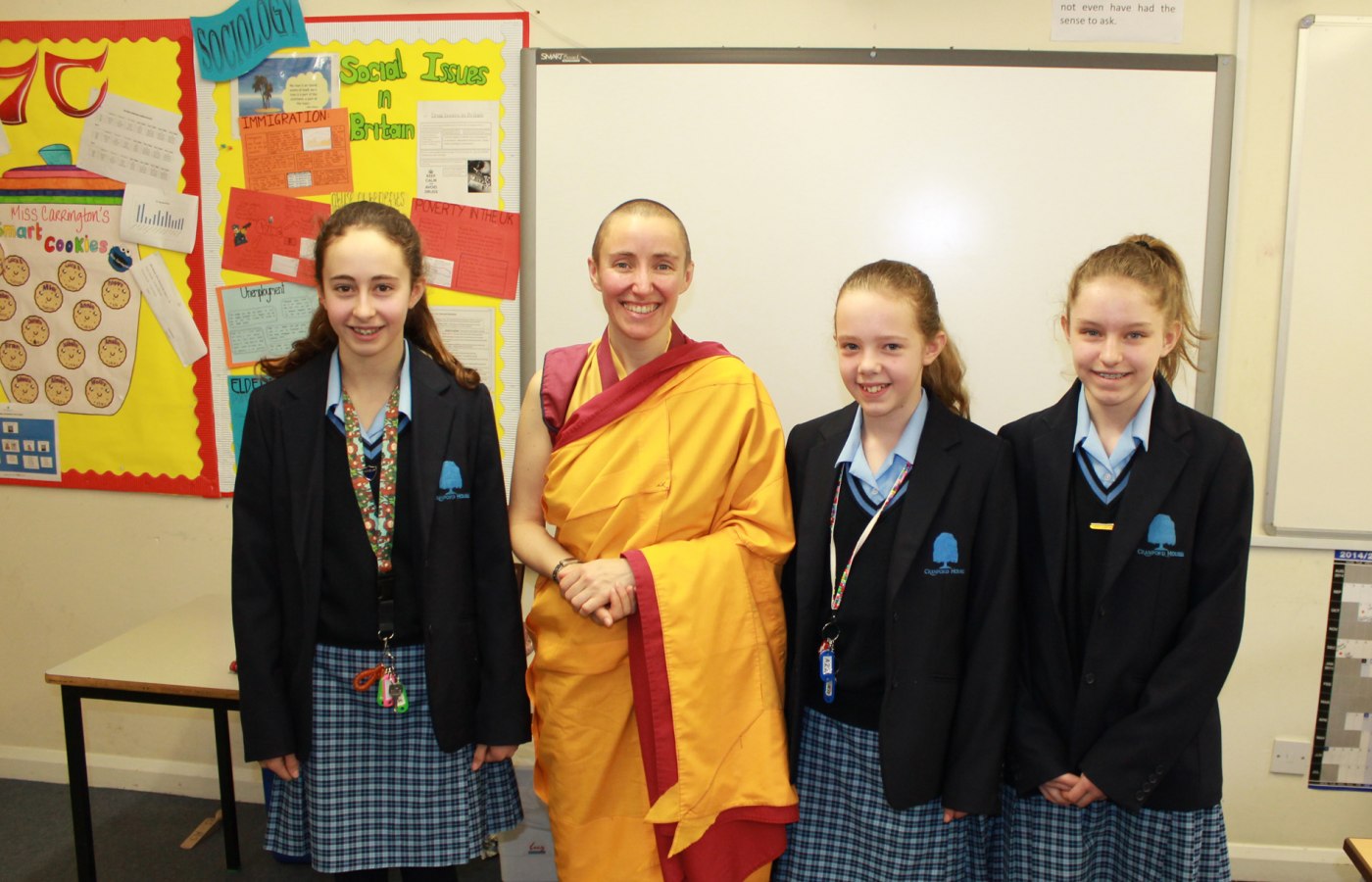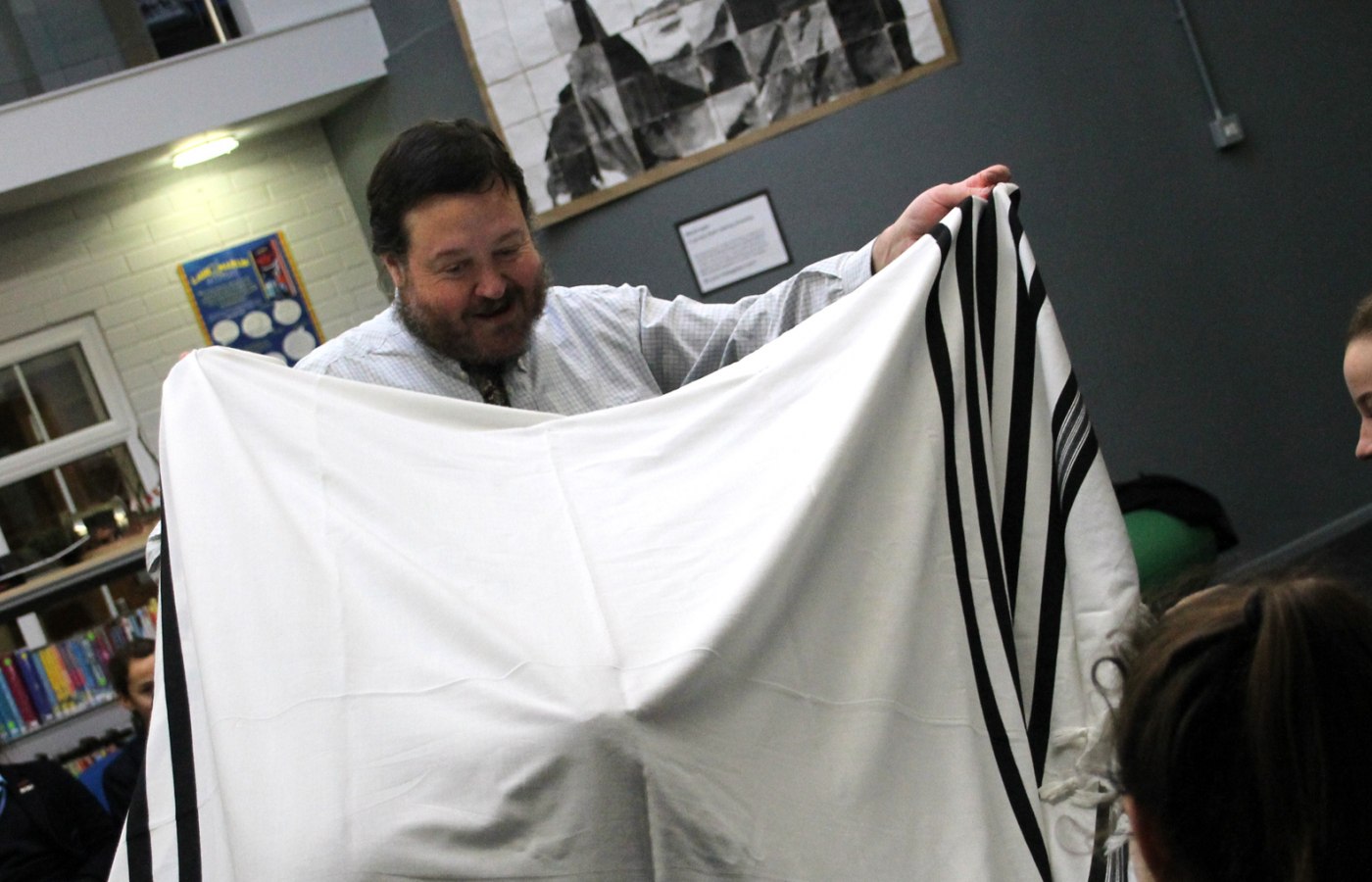Religious Studies
The Religious Studies curriculum at Cranford includes learning about life, belief and the main world religions in a relevant, modern and vibrant way.

an introduction to religious studies
A brief overview from our Heads of Department
We encourage intellectual openness and ensure that pupils are given excellent opportunities to discuss life’s big questions in a safe environment. Our Lessons are all enquiry led, with pupils answering ultimate questions, questions of morality and exploring ethical issues. The curriculum is broad and ensures pupils study perspectives from various world religions and from atheist and humanist perspectives too. Pupils have opportunities to visit contemporary and historical religious sites and to hear from visiting speakers.
KS3
In Year 7, pupils begin to tackle philosophy and answer some of life’s ultimate questions, exploring both religious and scientific answers. They then go on to consider what the impact of belonging to a religion might be. In Year 8, pupils explore the meaning of spirituality according to Hay and Nye, incorporating the study of major world religions. Year 9 pupils concentrate on tackling more in-depth philosophical questions through the study of ethics and ethical decision making, before considering Justice and the issues surrounding the criminal justice system.
GCSE
Religious Studies GCSE composes two elements: the study of two religions and the study of four thematic studies.
The academic discipline of Religious Studies provides important practice of essay writing, debate, comparison, analysis and evaluation, which are transferable to other subjects and further education.
Furthermore, immeasurable, yet essential, life skills, such as understanding, empathy, reflection and spiritual awareness are gained. Such skills are vital throughout life, particularly in this cosmopolitan age.


